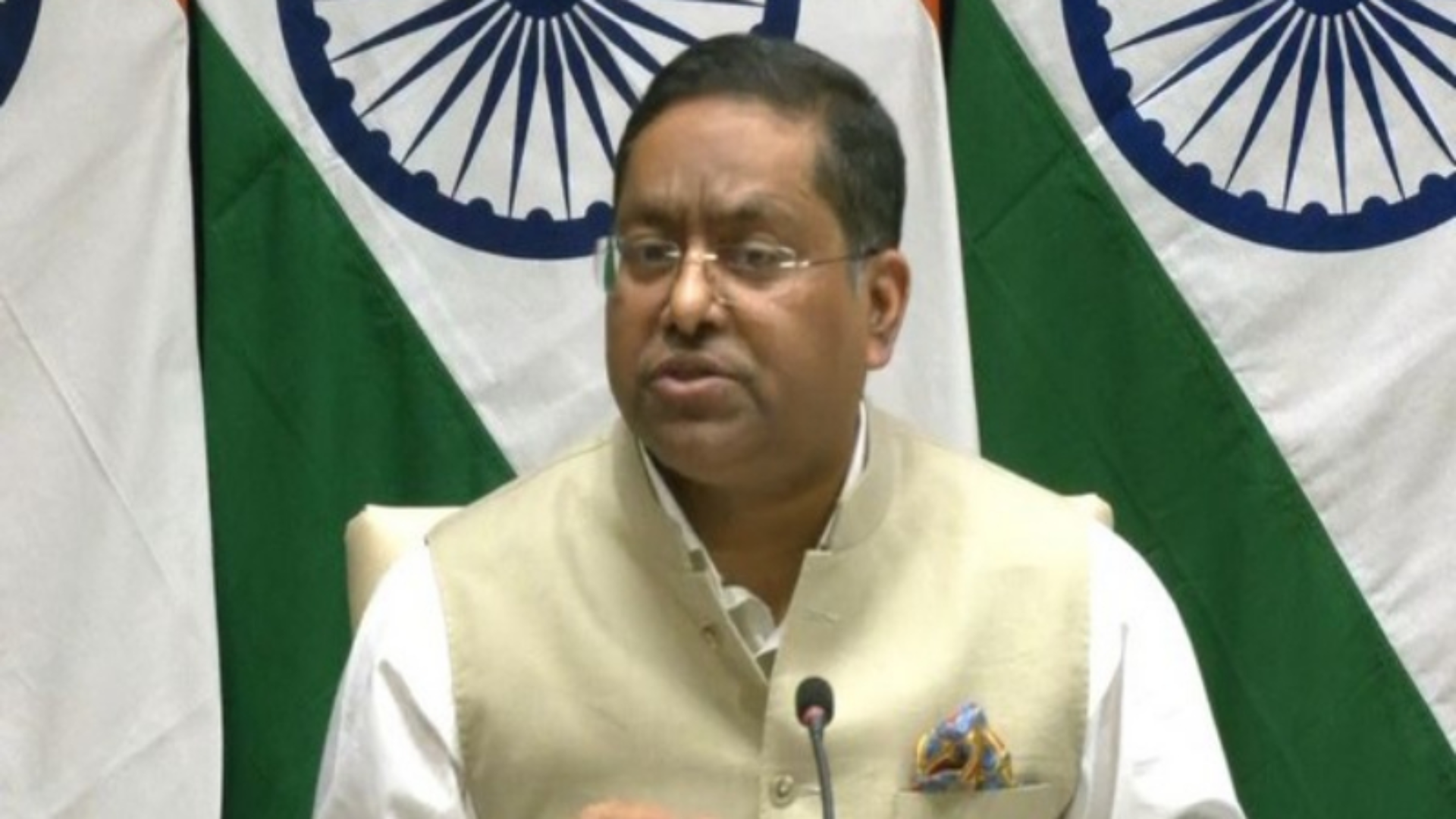The Ministry of External Affairs (MEA) official spokesperson, Randhir Jaiswal, addressed reports of a fourth Indian arrested by Canada in connection with the killing of India-designated terrorist Hardeep Singh Nijjar. Jaiswal stated during a press briefing that while Canada has not formally communicated the arrest, India has not received any request for consular access either.
Last week, Canadian police announced the arrest of a fourth suspect, Amandeep Singh (22), allegedly involved in Nijjar’s killing. Singh was already in custody of Peel Regional Police in Ontario for unrelated firearms charges. The Integrated Homicide Investigation Team (IHIT) in British Columbia charged Singh with first-degree murder and conspiracy to commit murder based on evidence gathered.
Singh, an Indian national, resided in Canada across multiple locations. However, investigators withheld further details to maintain the integrity of ongoing investigations and legal proceedings.
This development follows the recent arrest of three other Indian nationals—Karan Brar, Kamalpreet Singh, and Karanpreet Singh—in Edmonton. They face charges of first-degree murder and conspiracy to commit murder in connection with Nijjar’s homicide. Despite speculation in Canadian media, Canadian authorities have not provided evidence linking the arrests to India.
The killing of Nijjar led to diplomatic tensions between Canada and India after Canadian Prime Minister Justin Trudeau implicated India, a claim refuted by India as “absurd” and “motivated.” The MEA reiterated that Canada had not furnished specific evidence or information regarding the case and had not formally communicated the arrests of the three Indians involved.
Regarding consular access for the arrested individuals, the MEA clarified that no request had been received from the Canadian side as the accused had not sought consular access yet.






















